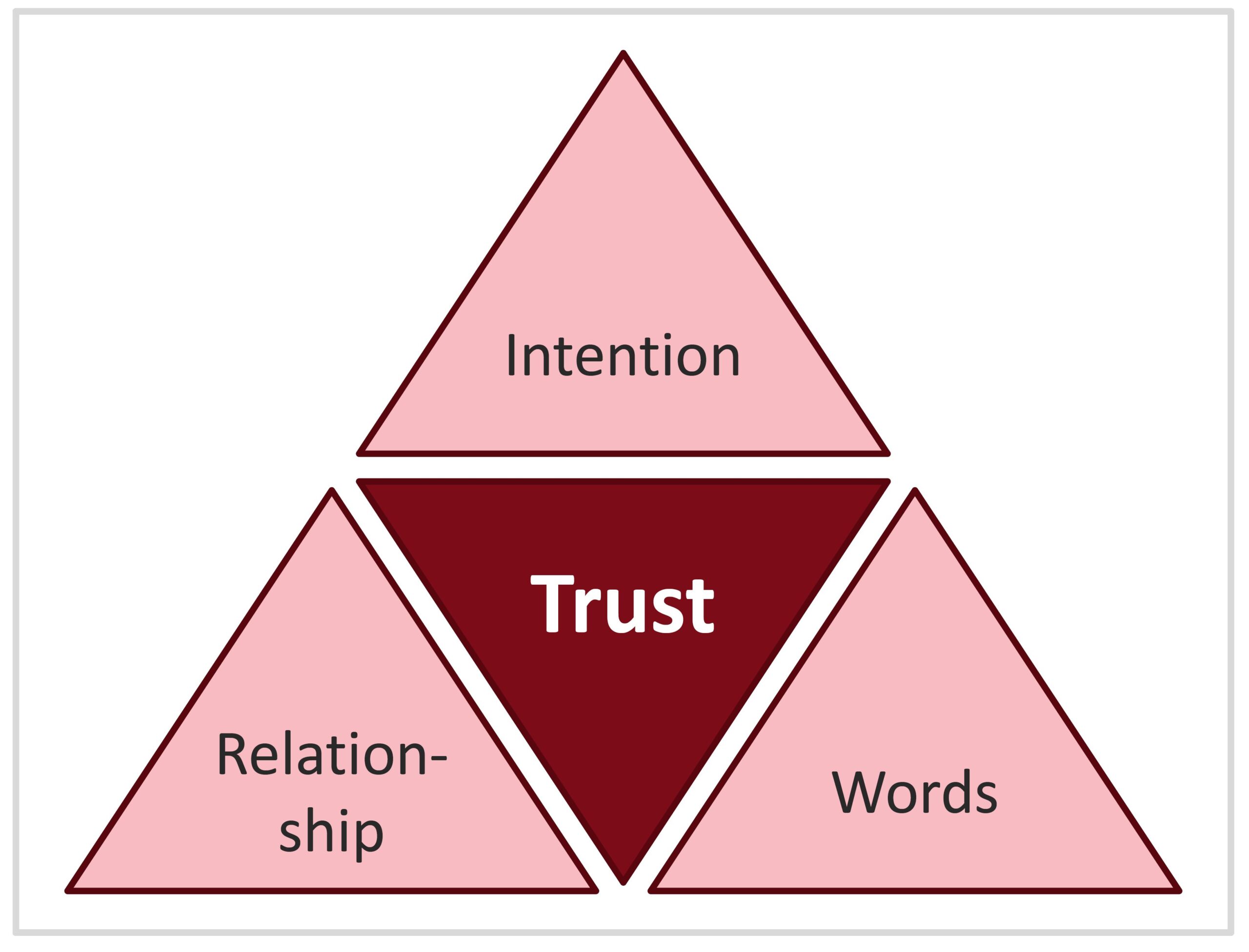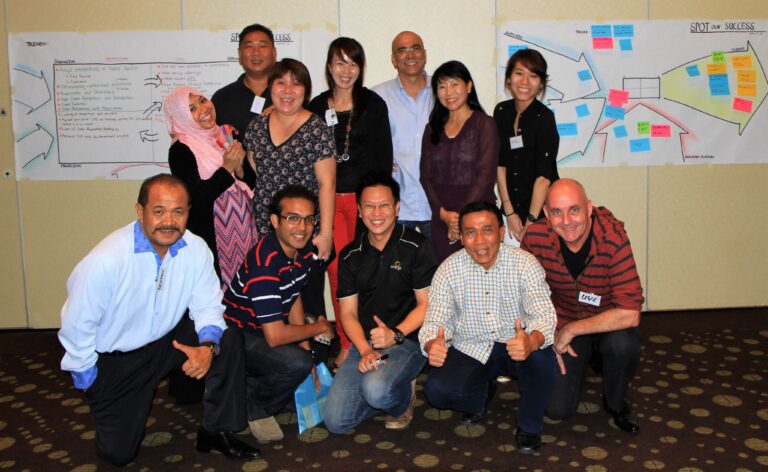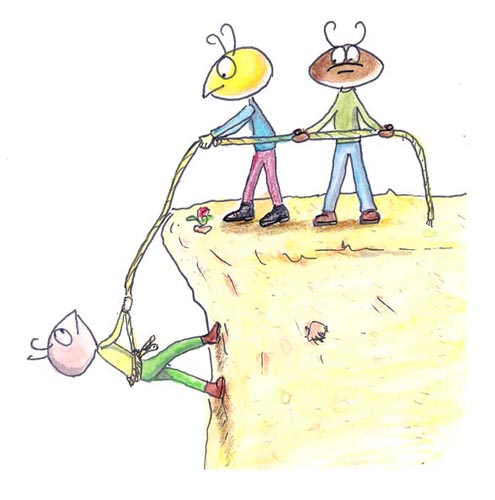In a coaching or mentoring relationship, finding the right moment for performing the coaching is critical. Often, coaching attempts go wrong because the moment is just not right. But, how do you know whether you are at a coach-able moment? Just ask yourself whether you have the right essentials for coaching someone: A sincere intention, a good relationship and suitable words.
What is your Intention for Coaching Someone?
Having the right intention for coaching is paramount for success. Showing off your own capability and telling your staff that he is not there yet is the worst setting for coaching. A hidden agenda will surface sooner or later and will break any trust for a long time.
Similarly, giving feedback to your staff immediately after a sub-optimal performance may not be in the best interest of the both of you. If you need to let off steam, because your staff has just tarnished your polished image in-front of others, stop here.
It is a safe assumption that he did not do it intentionally and will perform much better next time – after your constructive feedback given at a later stage, when you are more relaxed and free from potentially hurting emotions.
After Jerry was done with his presentation about DiSC to one of our important clients, I felt the urge to tell him that I did not like his arrogant style of delivery, talking down to the audience. Although, it was clear to everyone that he knew his stuff, he could have brought it across in a nicer way.
After all, Jerry was younger than most of the clients in the room and he did not know anything about DiSC until a year ago, when I started to teach and coach him. I was about to take him aside and tell him one or two things about his station in life … but I was stopped by my partner, who knew exactly what was about to happen. Today, I can easily admit that I was in no mood to give any constructive feedback, let alone good coaching.
This was certainly not a coach-able moment.
After all, coaching is the process of letting someone know that you care about him. (Practical Coach)
Life begins at the end of your comfort zone.
Neale Donald Walsh, author
What is your Relationship with your Coachee?
Your relationship with your coachee plays an essential role for selecting the right moment, the coach-able moment, and especially the right words for coaching. Whereas it is nearly impossible to perform any coaching for someone whom you meet the first time, all other types of association allow effective coaching. Be it a good friend whom you want to help or be it your staff or your mentee you want to support and see the person grow professionally.
Trust is the basis of the relationship. Building a trusting relationship requires sufficient time and dedicated effort. Sometimes we’re tempted to hurry the process or neglect this stage altogether.
When we do, we deny ourselves out of the valuable coaching experience and decrease the likelihood of success.
I did not spend enough time to build relationship with Jerry since he joined, because he has been on telecommuting and we only meet when we are at client’s site. If I had set aside time to build rapport with Jerry, my feedback to him about his delivery of this DISC session would have been much easier. And, he would trust what I say to him.
Remember, coaching is about caring for someone and developing them. When you have a supportive relationship, you can speak your mind freely. You already know that the other person will see the positive intention in your words, independently of whether they agree or not.
Which Words Should be Used to Give Feedback?
“Eh how come your hair is so messy? You are so busy till you never have no time to cut your hair, ah?” is a personal message you only pass to a very good friend who trusts you a lot.
Our language is full of words that have a disempowering effect. As a basic rule, turning our words and phrases into a positive notion will help to gain acceptance for feedback without hurting the coachee.
“Why are you always late for meetings. You have to be on time” is a strong message in a disempowering language spoken with the typical Singapore word “always”.
Firstly, avoid “always” and “never” when you give feedback. Hardly anyone is that bad.
Secondly, turn retrospective blame “Why are you always late for meetings?” into prospective good behaviour with “What can you do to contribute to our meetings in future?” Discovery questioning is a powerful, forward-looking technique that avoids one party losing face and emphasises solutioning rather than blaming.
Thirdly, don’t generalise feedback. Link it to a certain situation so that all ambiguity and with it the dispute about it is limited. State Situation – Behaviour – Impact (SBI) like in
“Yesterday for our meeting with our clients, you arrived 15 minutes after the stated start time. I am concerned, this has presented an unprofessional image to our clients.”
Conclusion
Coaching is about believing in someone and then taking action to help that person be his or her very best. Do try to use the above tips to create the coach-able moment before you coach.
Read also: The Best Coach I Ever Had













